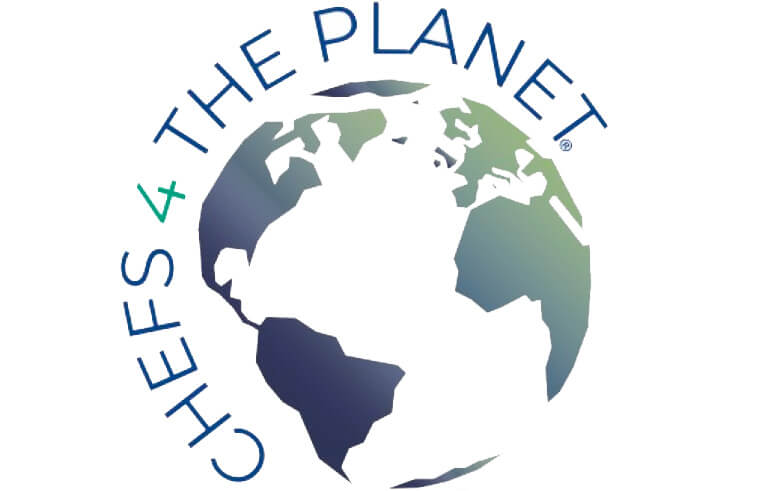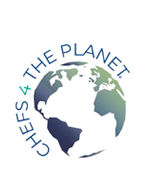George Monbiot. The film gets some things wrong, but it exposes the grim ecological destruction of the Earth’s oceans
When the BBC made a film about the crisis in our oceans, it somehow managed to avoid naming the greatest cause of their ecological destruction: the fishing industry. The only significant sequence on fishing in 2017’s Blue Planet II was a heartwarming story about how kind Norwegian herring boats are to orcas. It presented industrial fishing not as the greatest threat to sealife, but as its saviour.
It’s as if you were to make a film about climate breakdown without revealing the role of fossil fuel companies. Oh, hang on, the BBC did that too, in 2006. Its documentary The Truth about Climate Change mentioned fossil fuel companies only as part of the solution, because one of them was experimenting with carbon capture and storage. These films consisted of handwringing about a scarcely defined problem, followed by a suggestion that we should “do something”, while offering no hint of what this something might be.
They are symptomatic of a disease that afflicts most of the media, most of the time: a phobia about confronting power. Though the BBC has subsequently made some better films, it still tends to direct us away from the massive commercial assaults on our life support systems, and towards the issues I call micro-consumerist bollocks (MCB), such as plastic straws and cotton buds. I see MCB as a displacement activity: a safe substitute for confronting economic power. Far from saving the planet, it distracts us from systemic problems and undermines effective action.
The central premise of neoliberalism is that the locus of decision-making can be shifted from democratic government to the individual, working through “the market”. Rather than using politics to change the world for the better, we can do it through our purchases. If neoliberals even half-believed this nonsense, you’d expect them to ensure we were as knowledgable as possible, so that we could exercise effective decision-making in their great consumer democracy. Instead, the media keeps us in a state of almost total ignorance about the impacts of our consumption.
Read the rest here: https://www.theguardian.com/commentisfree/2021/apr/07/seaspiracy-earth-oceans-destruction-industrial-fishing


